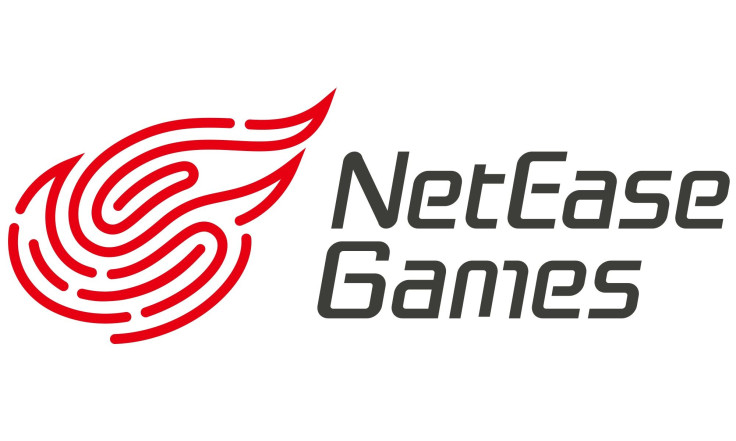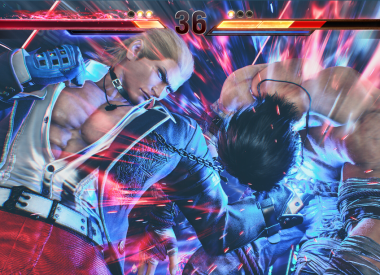Another mobile-centric Chinese gaming company reaches a new milestone, thanks to its distribution of a cultural phenomenon.
NetEase, the publisher of Minecraft for mobile across the world and on PC in China, stated that the game’s audience has reached over 200 million registered users. This should give everyone an idea on just how large China’s pull is when it comes to video games, mobile or otherwise.
The statement comes during NetEase’s announcement of its first quarter results. The Chinese company said that it hit that specific milestone before the end of the first quarter, which is March 31, 2019. During that period, NetEase boasted earnings of around $1.7 billion from its various online games, which is up by 35 percent compared to the first quarter of 2018. NetEase has its mobile titles to thank for this, seeing as 72 percent of that total revenue for online games come from mobile games.
In addition to that very important milestone for Minecraft, NetEase also reported that they have made significant progress in expanding reach beyond the Chinese market, mostly thanks to its diverse lineup of mobile titles. One of their best-sellers, Knives Out, is still the top-earning iOS game in Japan. Identity V reached the top five in that same category back in April. Two more titles, Night Falls: Survival and Cyber Hunter, both released in Japan last April, also topped the iOS download charts.
Mr. William Ding, the CEO of NetEase, reported his satisfaction with the company’s growth, stating that, "after a few years of hard work, the NetEase brand is now widely recognized in not only MMORPG, but also in a broad range of non-MMORPG categories, both in China and internationally.”
Despite the Chinese government cracking down on content deemed ‘problematic’ by the state, the gaming industry is very much booming in China. That’s not to say that they aren’t affected though; just a few weeks ago, Tencent’s PUBG Mobile was pulled from the Chinese market due to its graphic content, which was deemed too violent by the governing body for video games. Tencent has since released a replacement title, although it remains to be seen if this will affect their earnings in the future.

















